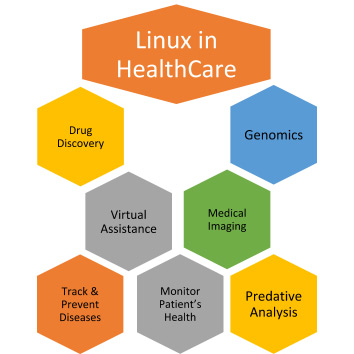
Healthcare domain directly deals with our health and lives. Healthcare is prevention, diagnosis, and treatment of any disease, injury, illness, or any other physical and mental impairments in humans. Emergency situations are often dealt with by the healthcare sector very frequently. With immense scope for improvisations, a thriving healthcare domain deals from telemedicine to insurance, and inpatient hospitals to outpatient clinics. With practitioners practicing in multiple areas like medicine, chiropractic, nursing, dentistry, pharmacy, allied health, and others, it’s an industry with complex processes and data-oriented maintenance systems often difficult to manage manually with paperwork.
Need is the mother of innovation and hence people across the world have invented software and systems to manage:
- Patients’ data or rather medical history
- Bills and claims for own and third-party services
- Inventory management
- Communication channels among various departments like reception, doctor’s room, investigation rooms, wards, Operation theaters, etc.
- Controlled Medical equipment and much more.
Thus, saving our precious time, making life easier, and minimizing human errors.
HealthCare integrated with Linux: With high availability, critical workloads, low power consumption and reliability, Linux has established itself in the likes of windows, and Mac OS. With a “stripped-down” graphical interface and minimal OS version, it provides a strong impetus for performance restricting many services from running and direct control over hardware. Integrating Linux with the latest technological solutions in healthcare (check out Elinext healthcare solutions, as an example), businesses are saving a lot along with enhanced security.

Few drivers promoting Linux in healthcare are:
Open Source: One of the utmost benefits of Linux is its open-source saving license cost for health care organizations. Most of the software and programs running on Linux OS are largely open sources too. Anyone can modify Linux kernel based on open source license, resulting customization as per your needs. Using open-source, there is no need to request additional resources or sign additional agreements. It provides you vendor independence. With a creditable Linux community backed by various organizations, you have satisfactory support.
